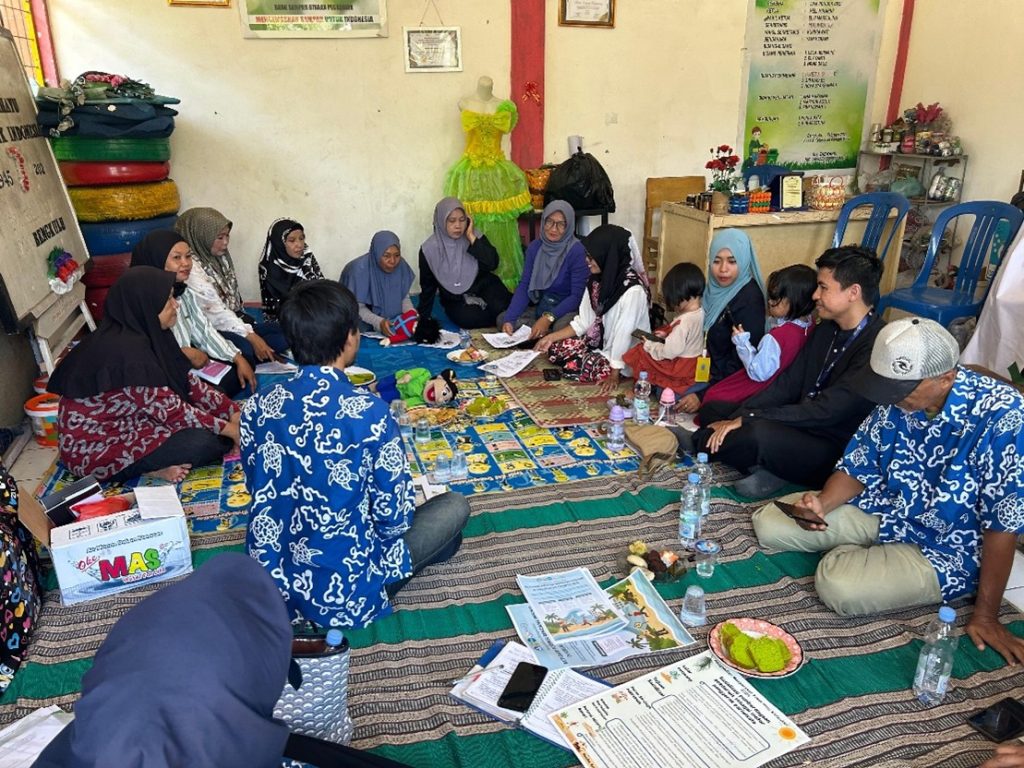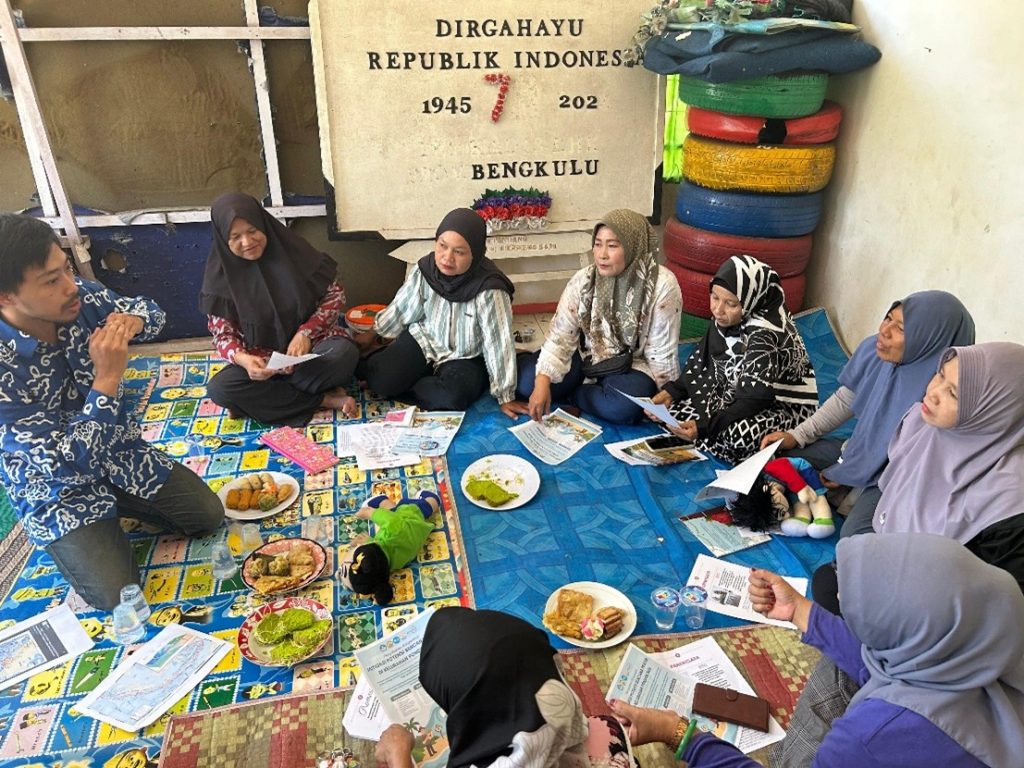
Mitigation of Coastal Disaster Potential in Pondok Besi Subdistrict Community Service Initiative
Bengkulu, June 2025 – A community service initiative titled “Mitigation of Coastal Disaster Potential in Pondok Besi Subdistrict” was successfully implemented on May 28, 2025, as part of the University of Bengkulu’s ongoing commitment to empowering coastal communities through applied science and public engagement. The activity was led by Mukti Dono Wilopo, S.Pi., M.Si., and Syarifudin Nur, S.Kel., M.Si., both lecturers from the Marine Science Study Program, Faculty of Agriculture, University of Bengkulu.
The program targeted Pokdarwis Betandang, a local community-based tourism awareness group based in Pondok Besi, Teluk Segara Subdistrict, Bengkulu City. As a grassroots organization with direct involvement in managing coastal tourism and local education, Pokdarwis served as a strategic partner in reaching and mobilizing the local population, especially those living in disaster-prone coastal areas.
The primary objective of the initiative was to enhance public awareness, understanding, and readiness to respond to coastal disasters such as abrasion, tidal waves, and tsunamis, which pose real threats to the area. The community service team conducted a structured socialization and participatory education session, where participants were introduced to basic concepts of disaster risk, preparedness planning, and community-based mitigation strategies.
To support the learning process, the program provided various practical and visual tools, including evacuation route signage, hazard information posters, and contextual learning aids designed specifically for the local coastal environment. The educational materials emphasized early warning systems, safe evacuation procedures, and household-level disaster preparedness. Community members were encouraged to engage in open dialogue about their vulnerabilities and collectively develop adaptive strategies tailored to their geographic and social context.
In addition to raising awareness, the initiative aimed to foster sustainable collaboration between the university and community stakeholders. The lecturers emphasized the importance of integrating local wisdom with scientific knowledge, ensuring that disaster mitigation efforts are both practical and culturally relevant.
As concrete outputs, the program produced a comprehensive final report, a publicly accessible educational article to be featured on the University’s website, and the development of an Intellectual Property Rights (HAKI) application for the disaster education materials produced during the project. These outputs not only serve as documentation but also aim to extend the reach and long-term impact of the initiative. This successful activity is expected to become a replicable model for similar coastal communities facing environmental threats. It highlights the essential role of academic institutions in bridging science and society, particularly in building resilience in vulnerable coastal regions.






